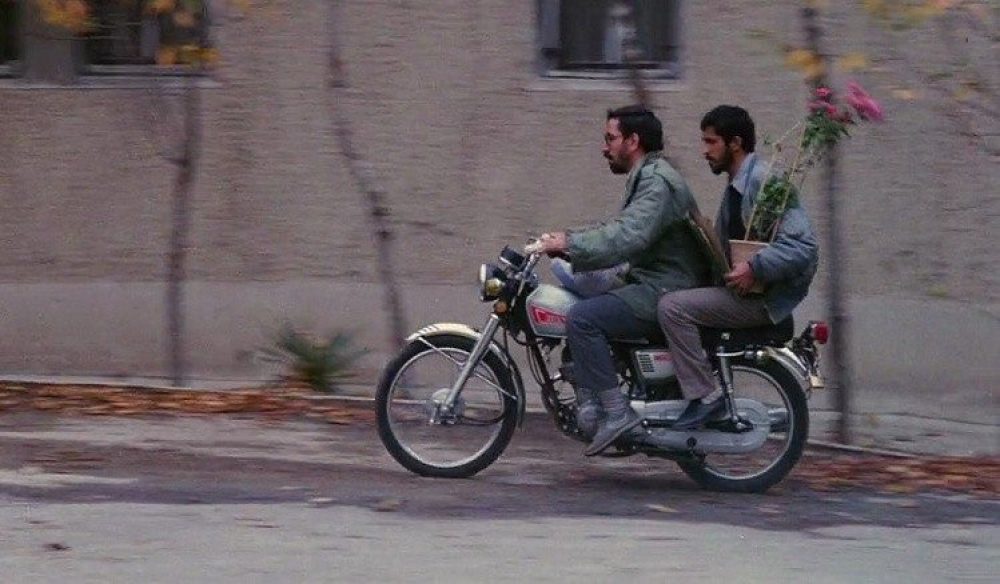Globalism and interconnectedness are the basis of modernity. Multiculturalism is it’s source. The individual’s role is to share their experiences, and, more importantly, to listen to those of others. Individuals who strive to achieve broader world views, and to share their learnings with their communities are the basis of modernity. They share what they can of the world, spreading modernity through the ability to empathise with and acknowledge others’ ideas. True modernity, in my opinion, is the recognition that there is no singular truth, if I might borrow a bit from Jay, but a multitude of truths that are all equally valid and important to understanding the world around us. I feel neither history nor religion are sources of modernity, but the present beliefs and cultures of the communities of the world. While it is important to acknowledge the history and religion that shaped these cultures, the ultimate goal is to be able to respect others’ views without necessarily understanding them. The modern individual is capable of drawing on the experiences of many to decide for themselves how an action or entity or concept should be labeled. The authority of the individual to draw their own path is part of the process of learning. Each person must make a conscious effort to exist as a modern individual, in this increasingly modern world.
Category Archives: We Moderns
On What Basis, Modernity?
The fragility of control plays a prominent if under appreciated role in Machiavelli’s The Prince. In contrast to Lerner’s triumphalism (“I had it on top authority that during the summer of 1950 they had entered History”) or the harrowing implacability of “the Party” in Darkness at Noon, Machiavelli describes a world of constant variability and uncertainty. No prince, no matter how savvy or cruel, can rest easy on his throne, circumstances and the variability of being his constant and insuperable foes.
Machiavelli leads us to the conclusion that there are no universal solutions, no easy recipes or checklists to follow in pursuing “the modern,” however defined. Origins, the circumstances of coming combine with unforeseen events to make modernization a project forever uncertain and under siege.
We might ask, then, On what basis modernity? The matter of legitimacy and authority has been at stake these past two weeks, whether of the Shah, of the multitude who comprise “the many,” or of the reasoning individual, who having adjusted his or her sights to the light outside of the cave, comes back to dispense capital-T Truth. What or who is the source of modernity? Might it be the individual, reaching for truth in the realm of the profane? Or does modernity require the ballast of “fixed truths,” of a sacred authority that lies outside of the will and reason of the individual? Might History be that source, or religion itself? How might authority be reconciled to the individual will?

